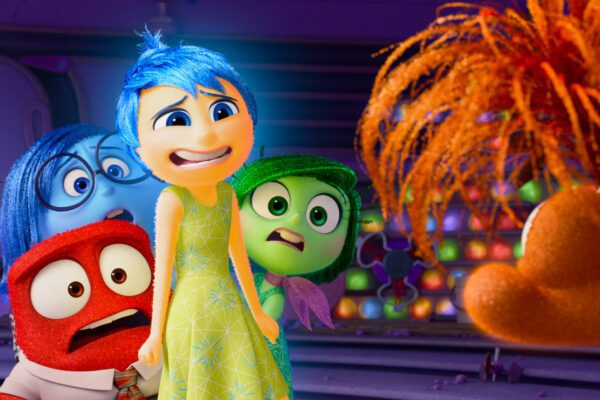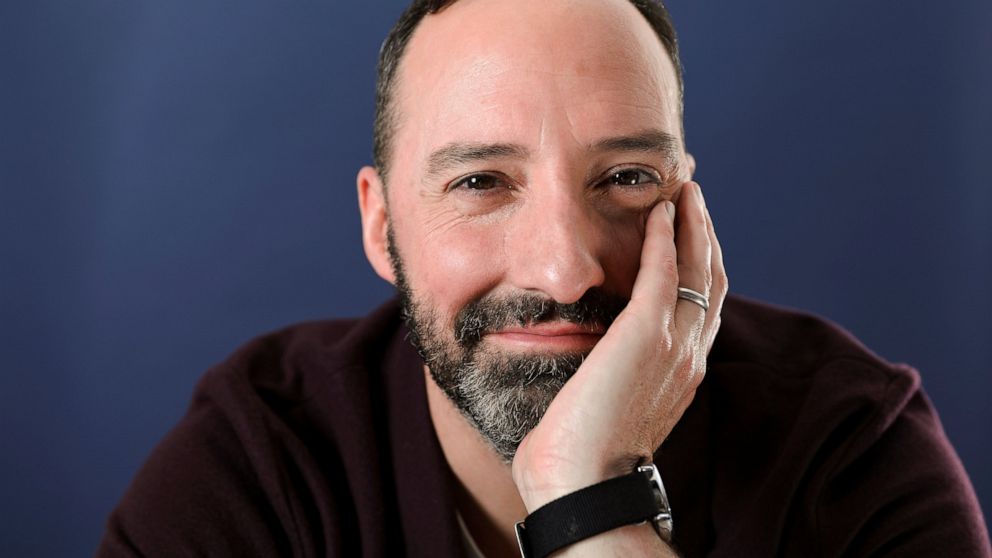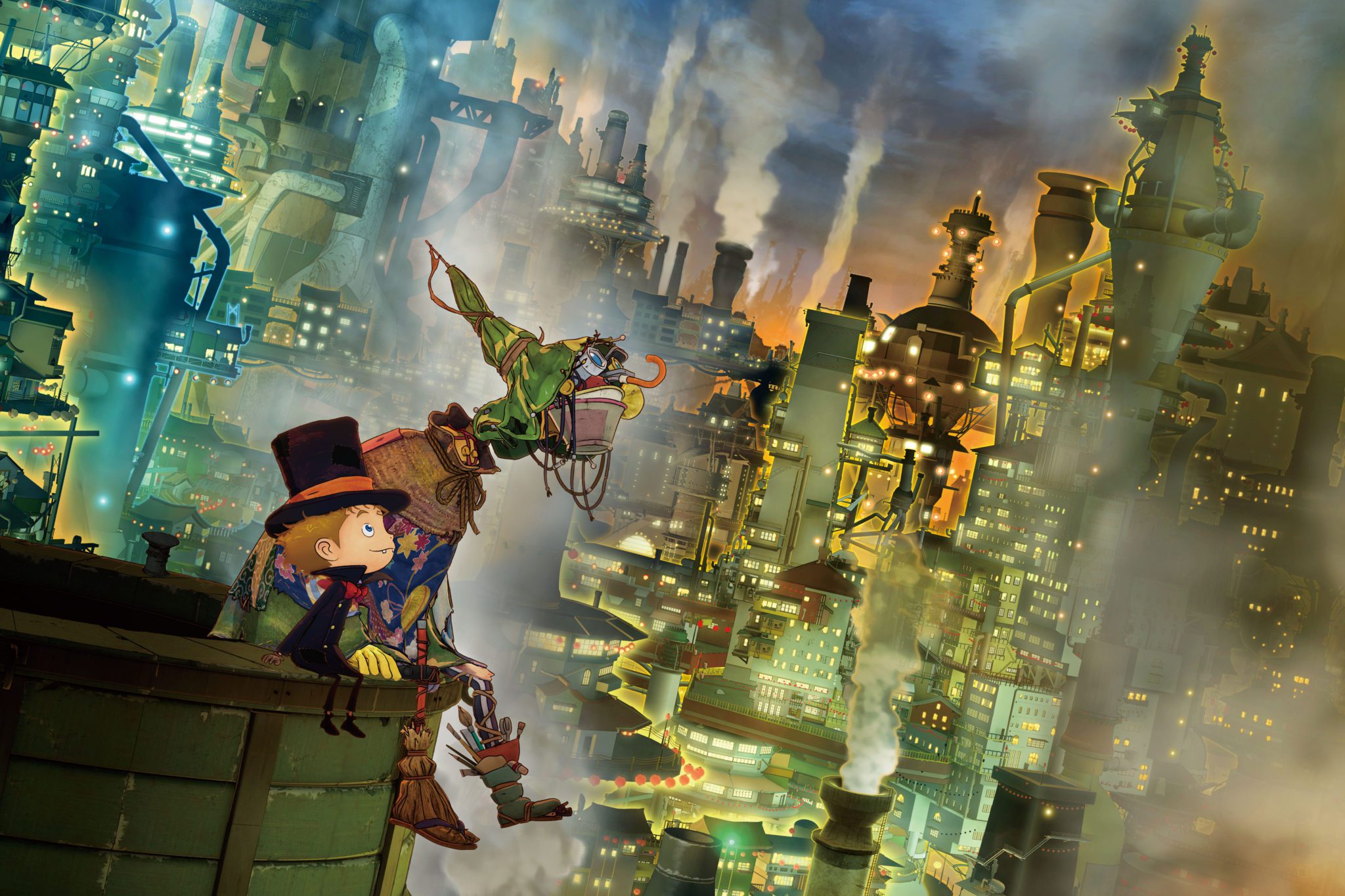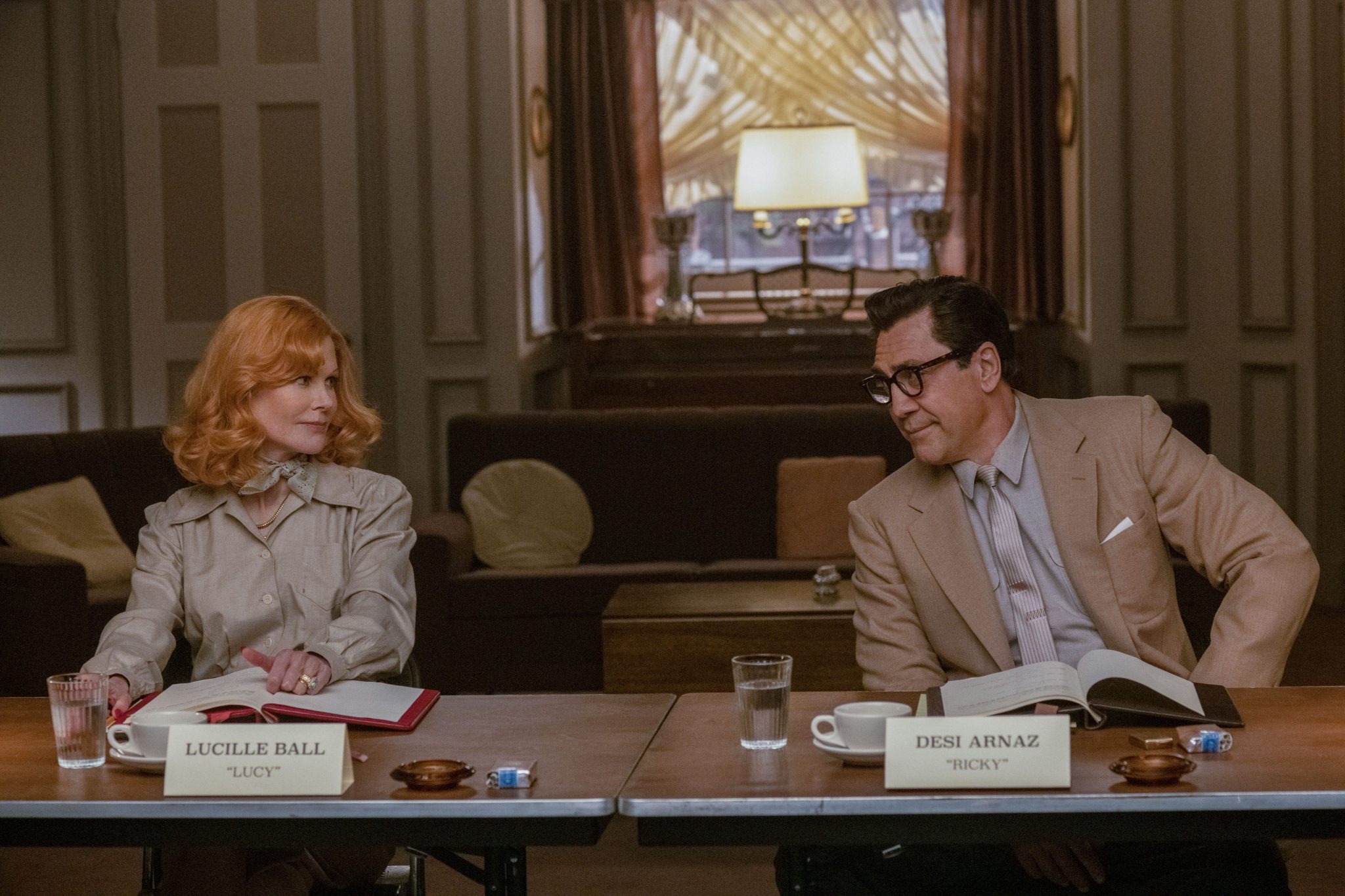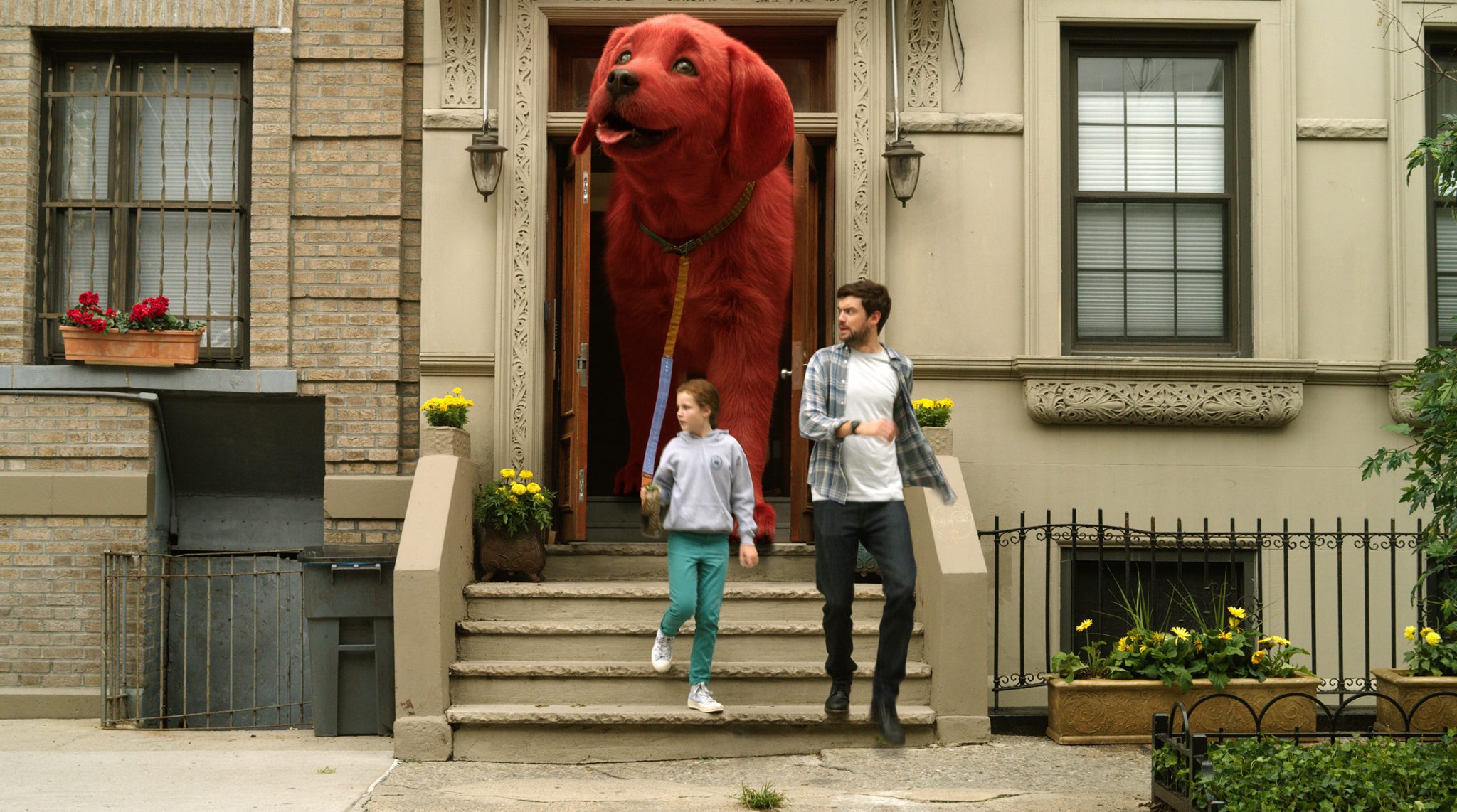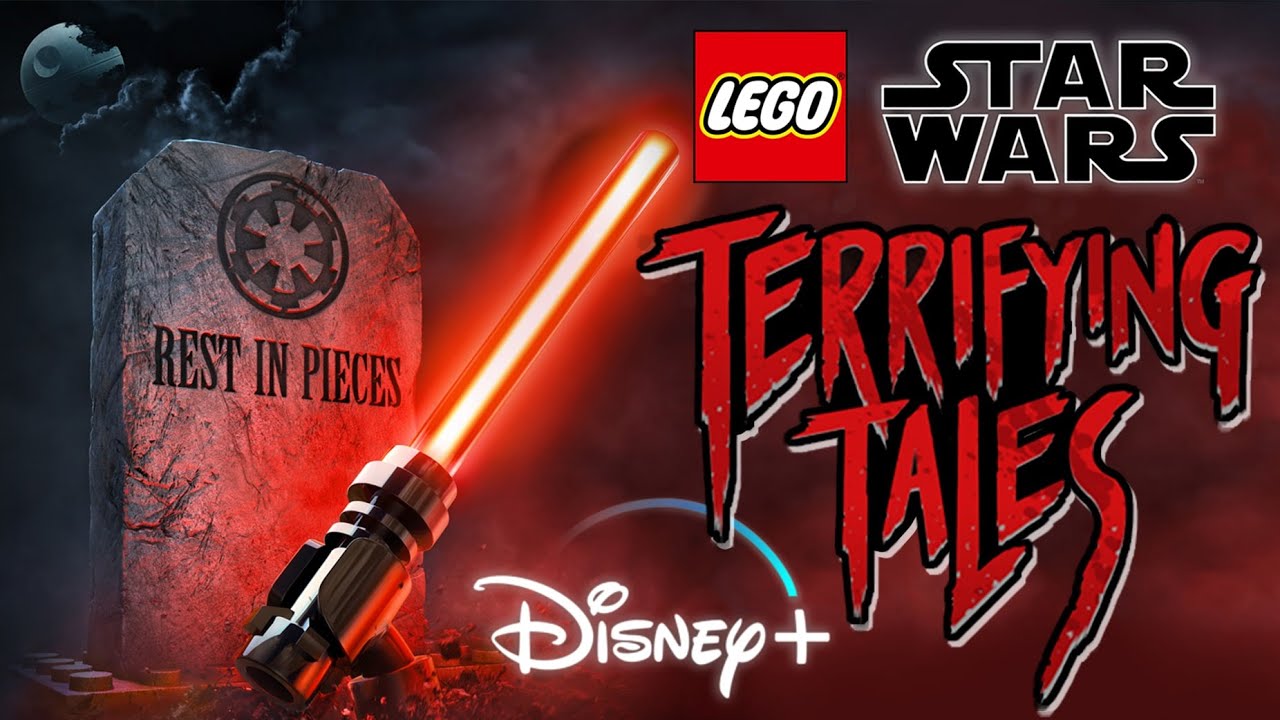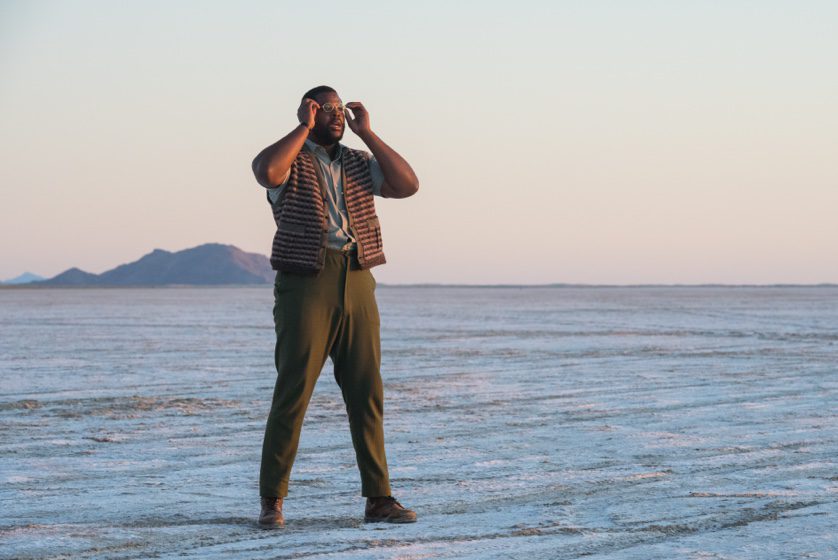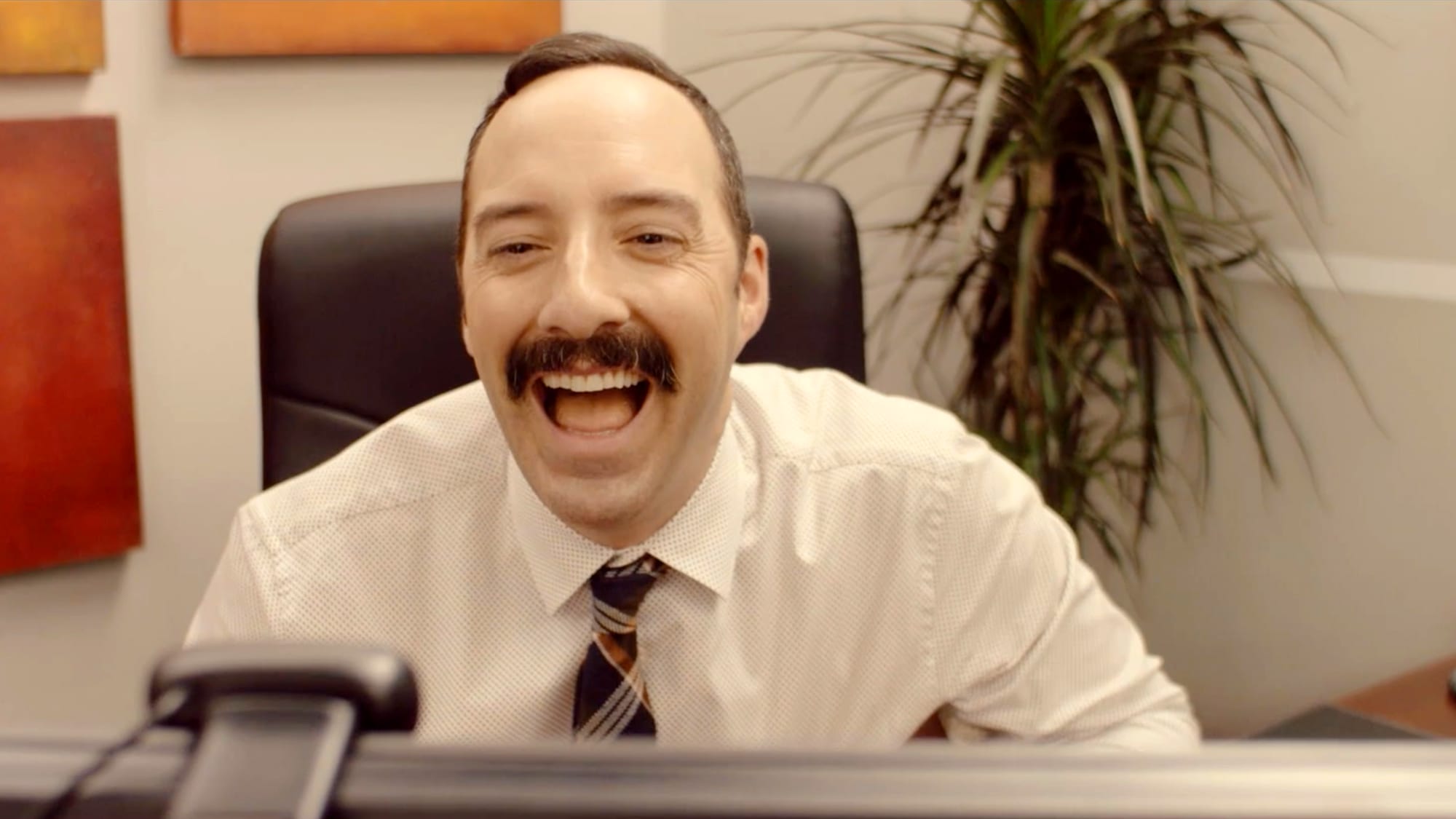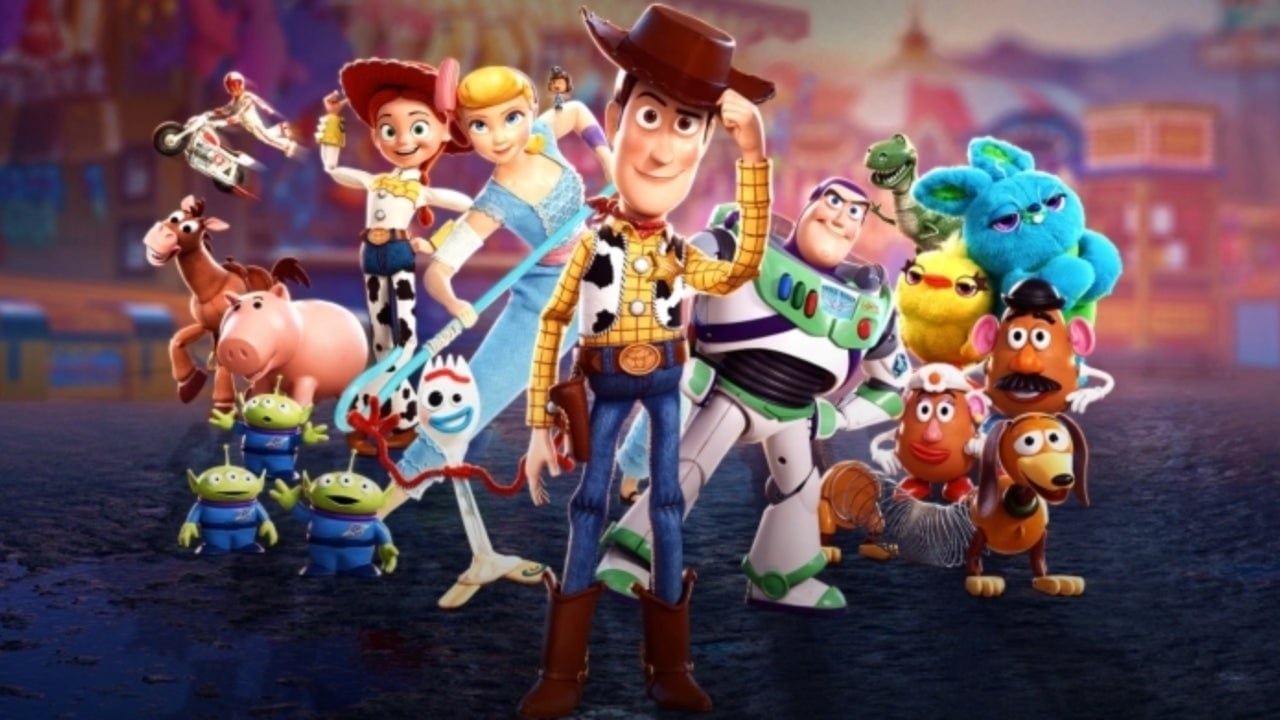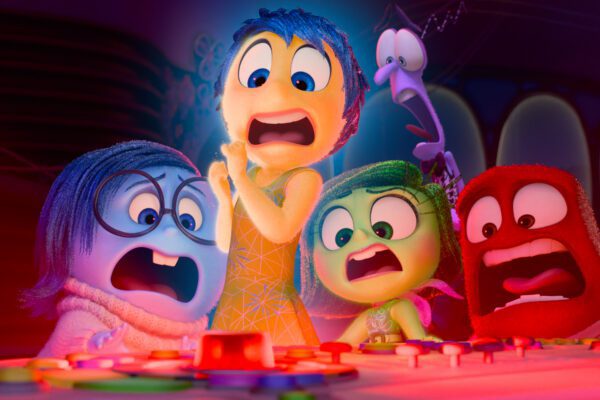
Inside Out 2: Feelings Matter
It was the summer of 2015 and I was sitting in our local theater preparing to watchPixar’s latest film, Inside Out. I wasn’t sure what to expect since their two previous films(Brave and Monsters University) were hit-and-miss with theatergoers and critics alike.To attempt what looked like an animated film disguised as a psychological study of…

